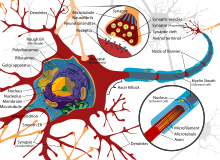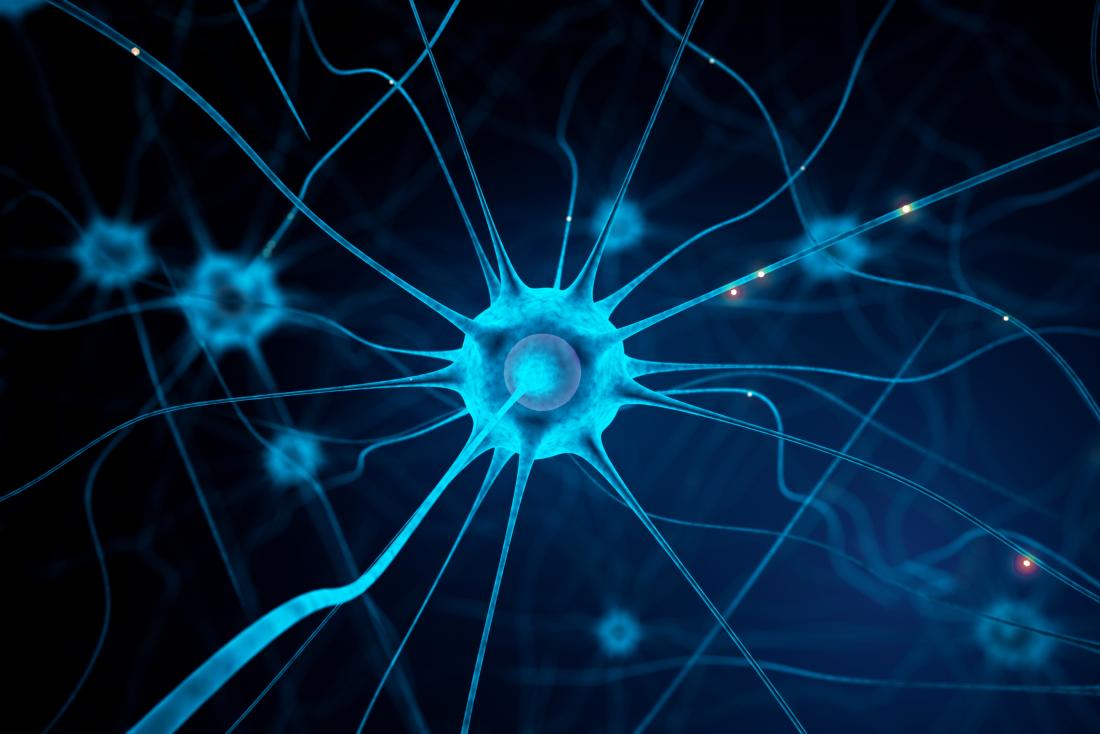

In the past few years, mirror neurons have come into their own as the next big thing in neuroscience, and while the jury is still out on Rama's prediction, it's obvious that something important is unfolding: He further suggested "that the emergence of a sophisticated mirror neuron system set the stage for the emergence, in early hominids, of a number of uniquely human abilities such as proto-language (facilitated by mapping phonemes onto lip and tongue movements), empathy, "theory of other minds," and the ability to "adopt another's point of view." In his essay, Rama made the startling prediction that mirror neurons would do for psychology what DNA did for biology by providing a unifying framework and help explain a host of mental abilities that have hitherto remained mysterious and inaccessible to experiments. This was the first time that many in the Edge community heard of mirror neurons, which were discovered by Iaccomo Rizzolati of the University of Parma in 1995. Ramachandran (known to friends and colleagues as "Rama"), entitled "Mirror Neurons and Imitation Learning as the Driving Force Behind "the Great Leap Forward" in Human Evolution".

Six years ago, Edge published a now-famous essay by neuroscientist V.S. He is the coauthor (with Sandra Blakeslee) of Phantoms in the Brain: Probing the Mysteries of the Human Mind. RAMACHANDRAN is director of the Center for Brain and Cognition and professor with the Psychology Department and the Neurosciences Program at the University of California, San Diego, and adjunct professor of biology at the Salk Institute. This research implies that mirror neurons can be used to provide rational rather than religious grounds for ethics (although we must be careful not to commit the is/ought fallacy). other" barrier is the basis of many ethical systems, especially eastern philosophical and mystical traditions. I call them "empathy neurons" or "Dalai Lama neurons." (I wonder how the mirror neurons of a masochist or sadist would respond to another person being poked.) Dissolving the "self vs. The mirror neurons, it would seem, dissolve the barrier between self and others. Researchers at UCLA found that cells in the human anterior cingulate, which normally fire when you poke the patient with a needle ("pain neurons"), will also fire when the patient watches another patient being poked.


 0 kommentar(er)
0 kommentar(er)
